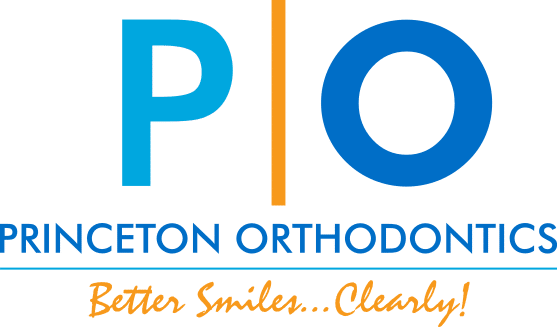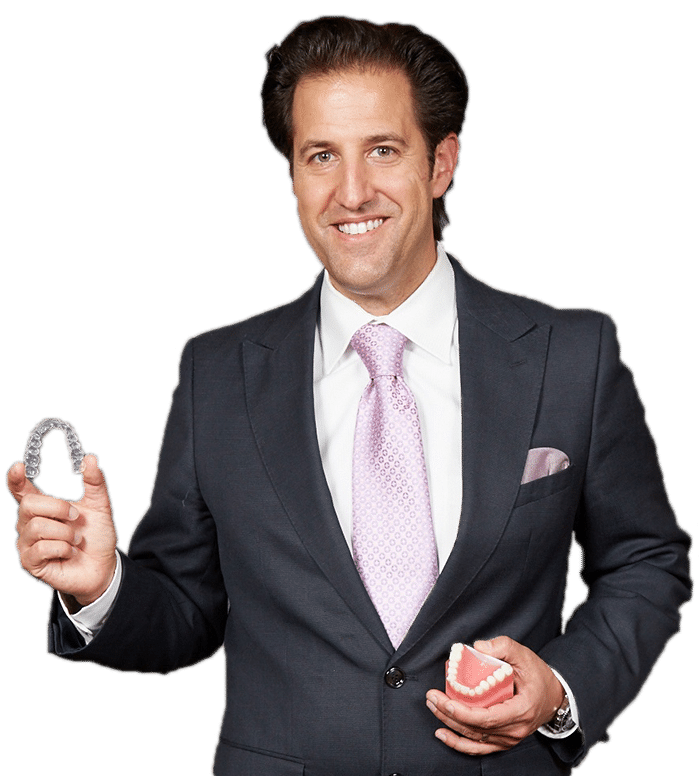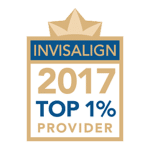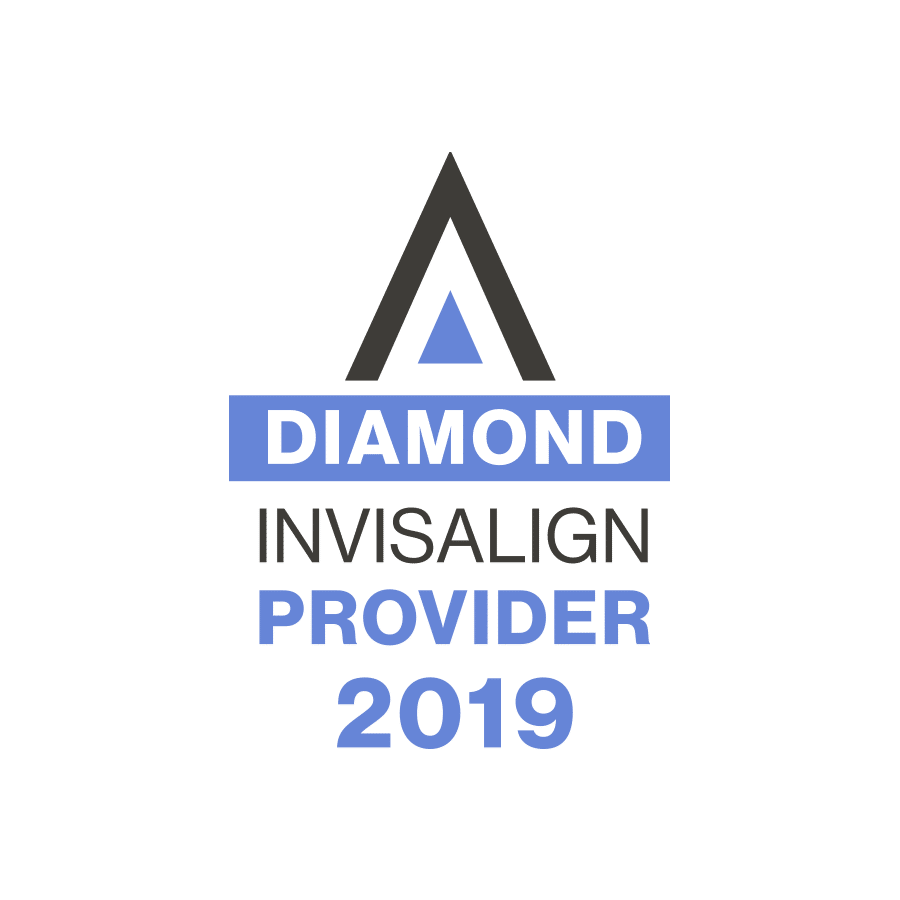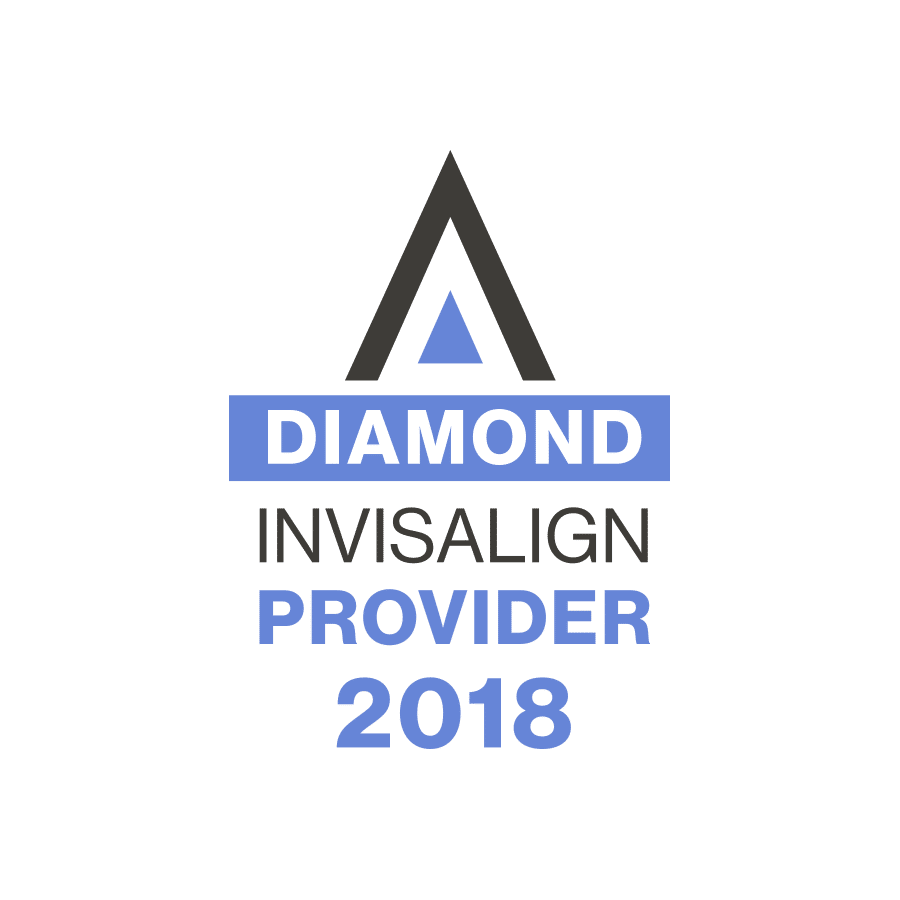Is it Common to Get Orthodontic Braces Twice?
While some think that after getting orthodontic braces in Princeton NJ, they don’t have to deal with them again. What if we told you that this isn’t always true? Depending on your circumstance, you might be wondering if it’s normal to get braces again. Well, we’re here to talk about that, so keep reading ahead and your question will be answered.
Is it Safe to Get Orthodontic Braces More Than Once?
As long as your gums and teeth are healthy, then you can get orthodontic braces again. So before getting the treatment, the orthodontist will assess your teeth and gums to ensure that they’re in good condition or treat any spotted decay or cavities before beginning with the process.
There is no problem with getting braces again, especially if you aren’t satisfied with the previous results. Another reason why patients get orthodontic braces again is because of orthodontic relapse, which we’ll discuss below.
What is Orthodontic Relapse?
Our teeth have a tendency to shift back to their initial positions even after the completion of your orthodontic treatment. This is also known as orthodontic relapse. Oftentimes, an orthodontic relapse occurs when the patient fails to wear their retainers after the treatment consistently.
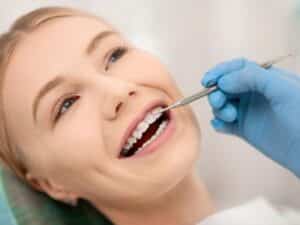
Reasons Why You Have to Wear Orthodontic Braces Again
#1 – Not wearing retainers
It’s possible that you didn’t wear your retainers properly after you got your orthodontic braces removed for the first time. Retainers are given to every patient who has finished their braces treatment in order to prevent their teeth from moving back to their original positions. Neglecting to wear them can lead to undesirable consequences.
When braces are removed, the teeth can undergo orthodontic relapse, and it can happen because of different reasons. This is why your orthodontist will instruct you to wear your retainers religiously or until you need to, or else you may be advised to wear orthodontic braces again.
#2 – Unfinished orthodontic treatment
If you weren’t able to complete your orthodontic treatment the first time around, then it’s highly possible for you to wear orthodontic braces once again. Everyone has different reasons as to why they weren’t able to finish it–they moved to a different area far away from their orthodontist, or they lacked the funds to continue the treatment, or the patient was young at the time and couldn’t handle the pain back then.
#3 – Misjudgment of the malocclusion of teeth
The misalignment of teeth has a formal term which is “malocclusion.” Many patients undergo orthodontic treatment to fix this issue. However, there are instances when misjudgments happen and the overall misalignment issue isn’t fully treated.
For example, if a molar intrusion happens after getting orthodontic treatment, then it can affect the outcome and affect the alignment again.
#4 – Your teeth weren’t regularly monitored
If you want to flex your beautiful smile and achieve perfect, straight, sparkling teeth, then you have to be dedicated in having your orthodontic treatment monitored regularly. Your gums or teeth can affect the end results of the treatment in anyways so it’s a must to pay regular visits to your orthodontist so that they can keep track of the progress.
An orthodontic relapse would likely happen if the proper check-ups weren’t followed or if your teeth weren’t being monitored in a consistent manner.
#5 – Not following the dos and don’ts of braces
If you’re a rebel and don’t like to follow instructions, then you’re not going to get good results from your orthodontic treatment. Eating food that’s not allowed, skipping appointments, and not taking good care of your oral hygiene, you shouldn’t expect so much from your orthodontic braces if you do these. To achieve the best results possible, you need to follow your orthodontist’s advice.
#6 – Continuous bad habits
If you have a sweet tooth or have habits that negatively impact your orthodontic treatment, use this opportunity to stop them. Smoking, eating hard and sticky food like chocolates or gummies, and skipping orthodontic checkups are all bad habits that affect your treatment.
It’s important to be responsible for your oral health. Otherwise, you’re placing your teeth’s alignment at huge risks, such as gum problems. These problems can cause enamel erosion or even tooth loss. So, if you want to enjoy straight teeth, avoid these bad habits.
#7 – The gradual movement of teeth
Just like our bodies, our teeth go through changes as we age. Even though it is normal to experience teeth shifting at some point in our lives, there are instances where a tooth will move unexpectedly, which can affect the overall alignment and appearance.
Our teeth are under constant pressure and stress when we are awake and active, and this can accumulate over time. Activities such as talking, sneezing, coughing, and even smiling can cause our jawbone muscles and mouth to move. These instances can lead to the gradual shift of your teeth’s alignment.
To prevent your teeth from shifting again, the cause of the problem should be addressed and treated immediately. If the reason behind the orthodontic relapse is gum disease, then you have to go through treatment with a periodontist before undergoing orthodontic treatment.
However, the most successful and effective way of fixing shifting teeth, whatever the cause is, is orthodontic braces because they exert pressure in shifting the teeth in the proper direction.
Conclusion
Whichever orthodontic treatment you choose, it’s important to consult with a reliable orthodontist for optimal results. At Princeton Orthodontics, we offer an extensive selection of options that are tailored to meet the needs and goals of each individual patient.
Dr. Jonathan Nicozisis is a nationally renowned Invisalign orthodontist and lecturer. He has been in the specialty practice of orthodontics since 1997 and specializes in early interceptive orthodontic treatment, braces, and Invisalign. At Princeton Orthodontics, we always go all out to give our patients the best possible care and results.
Dr. Nicozisis is a practicing orthodontist at Princeton Orthodontist in New Jersey. He will be able to evaluate your individual needs and provide personalized treatment advice. Whether you need metal braces, ceramic braces, clear aligners, or LightForce braces, Princeton Orthodontics can provide the best treatment option for you.
Contact us today to schedule an appointment and get started on your journey to a beautiful, healthy smile!
